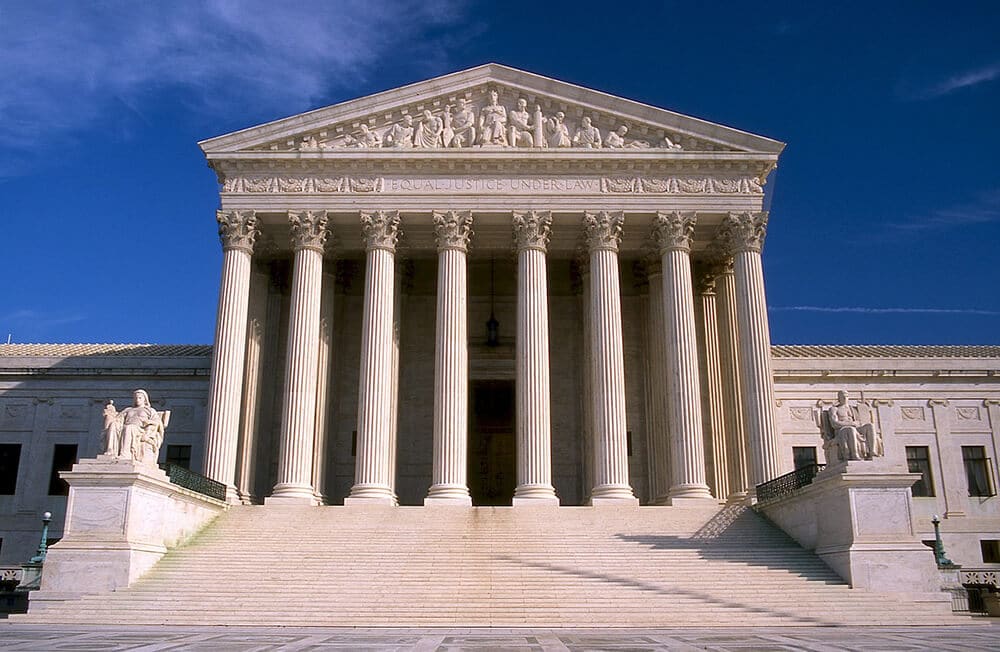What is Gross Negligence and When Does it Matter?

If you’ve been the victim of an accident and are pursuing legal action, you and your lawyer will discuss the concept of negligence. In order to receive compensation for your injuries and losses, you’ll need to prove that the other party caused your accident and that it should have been prevented. No matter how you sustained your injuries, whether it was in an automobile accident, the result of a physician’s error, or because a business owner did not maintain their property, negligence is a factor that needs to be proven. In some instances, when additional recklessness caused the accident, gross negligence may be a factor you and your lawyer discuss.
Negligence vs. Gross Negligence
In order to understand gross negligence, you first need to understand the concept of negligence. When a person fails to act responsibly and someone else is harmed as a result, their actions about be considered negligent. It’s important to note that with traditional negligence, the at-fault party did not mean to cause harm, but their careless action resulted in the accident. Common examples of negligence include:
- A property owner neglecting to fix a broken step
- A driver running a red light
- A dog owner forgetting to secure their fence
- A truck driver speeding around a curve
- A store owner neglecting to put up a “wet floor” sign
Proving negligence is a four-part process: duty, breach, causation, and damages. Duty refers to the duty of care a person has in any given situation. For example, a driver has the responsibility to keep their focus on the road and obey the established traffic laws. There are no strict rules that outline what a person’s duty is, so it’s important to work with an experienced lawyer who can build a strong case on your behalf.
Once the duty has been established, your lawyer will be able to determine how it was breached. If a driver decides to text and drive, runs a stop sign, and T-bones another vehicle in an intersection, they breached their duty of care. If the other driver was injured because of the accident, that is considered the causation. The final element involves showing how the harm resulted in monetary damages that the victim needs compensation for.
Gross negligence is a step up from traditional negligence in regard to severity. It implies that the act was tremendously reckless and way beyond the reasonable standard of care. The biggest difference between the two revolves around the types of damages incurred and the severity of the consequences. Examples of gross negligence include:
- A surgeon leaving an object inside a patient
- A nursing home failing to provide food or water to a resident for days at a time
- A driver speeding in a pedestrian-dense area
- A doctor amputating the wrong limb
- A manufacturer selling a product they know is hazardous
The victim of an act of gross negligence generally incurs more losses. As a result, they may be eligible for significant compensation and punitive damages.
Gross Negligence and Punitive Damages
Compensation for a personal injury claims is typically separated into economic and noneconomic damages. Economic damages are those that can be calculated, like medical bills, property damage, and lost wages. Noneconomic damages, which are more challenging to total, include pain and suffering, loss of enjoyment, and loss of consortium. When a case involves gross negligence, punitive damage may also be awarded. Unlike typical damages, these are not tied directly to an injury and they are not meant to compensate the claimant for a specific loss.
Punitive damages serve to punish the negligent party and deter them from taking similarly reckless actions in the future. If, for example, a drunk driver causes an accident, the victim could receive compensation for their injuries and suffering, in addition to punitive damages to hold the guilty driver responsible for driving under the influence of alcohol.
In order to be eligible for punitive damages, the plaintiff will need to submit proof of a reasonable basis. There needs to be evidence of gross negligence, deceit, or misconduct. This discourages frivolous claims for punitive damages. It’s also important to note that the limitations on punitive damages are established at the state level. In Maryland, punitive damages are rare, but a judge or jury can award them and decide how much.
If you’re coping with an accident that resulted from gross negligence, you’re likely dealing with the physical, mental, and financial consequences. You don’t have to deal with those challenges on your own. Our lawyers are capable of examining the evidence related to your case and building a strong claim to prove you were wronged. To learn more about your legal rights and options, get in touch with our lawyers today.






